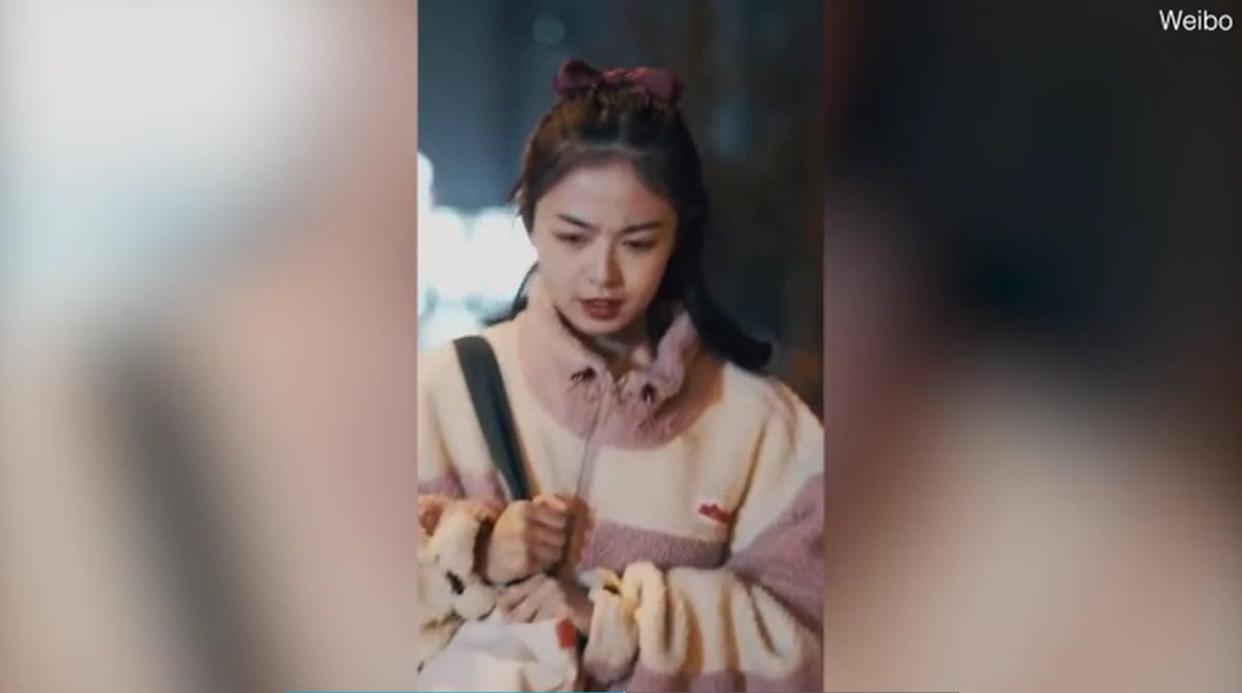‘Victim-blaming’ advert for make-up wipe withdrawn in China after backlash

An advert showing a woman being stalked in a dimly lit alley has been taken down after social media backlash
(Screengrab/Purcotton)A cosmetics company in China was forced to pull an advert for make-up removal wipes after it prompted a widespread backlash on social media for victim-blaming.
Produced by Chinese cotton brand Purcotton, the advert shows a woman being stalked in a dim-light alley. As the stalker catches up with the woman, she uses the wipes to remove her makeup, revealing a face which appears to repulse the would-be assailant.
The company was forced to withdraw the 26-second ad that was published on Douyin last week after it was slammed for “demonising” the victims of sexual assaults and for linking such assaults with the physical appearance of the victim.
The website China Girls’ Information, which is operated by the government-affiliated All-China Women's Federation, denounced the ad on their social media accounts for "demonising the victim."
"(It is) full of prejudice, malice, and ignorance. Women are consumers and not consumer goods. It is inevitable that 'creative' advertisements that insult women will be criticised by the public," the social media post said.
"Ladies, are you worried about being raped? Use Purcotton makeup remover and that pesky rapist will run screaming, cause you are hideous without makeup and no man would want you. Rape culture in #China #women," wrote another user on Twitter.
(Summary of new Purcotton Ad, video in link)
Ladies, are you worried about being raped? Use Purcotton makeup remover and that pesky rapist will run screaming, cause you are hideous without makeup and no man would want you.
Rape culture in #China, #women https://t.co/ScPrJeWf6Q pic.twitter.com/4NSj7ZkSa9— The Xing Tian 刑天 (@TheXingtian) January 8, 2021
Though Purcotton, which is owned by Winner Medical Group, had originally defended the commercial as an artistic way of showing the “cleansing ability” of the wipes, it later issued a full apology and retracted the advert, while calls for a boycott of the company’s products grew.
“We have allowed a video that did not follow our values to go online. We let you down and hurt your feelings. We deeply regret this and sincerely say ‘We are sorry, we were wrong’,” the company wrote on Weibo.
"We have set up a team to hold people to account for the problem and, in the meantime, we will improve content production and the review process to prevent similar incidents from happening again," it added.
Read More
Police apologise for leaflets which linked rape to alcohol consumption
Author of victim-blaming book targeted by misogynist trolls
Photographer challenges culture of victim-blaming in sex assault cases

